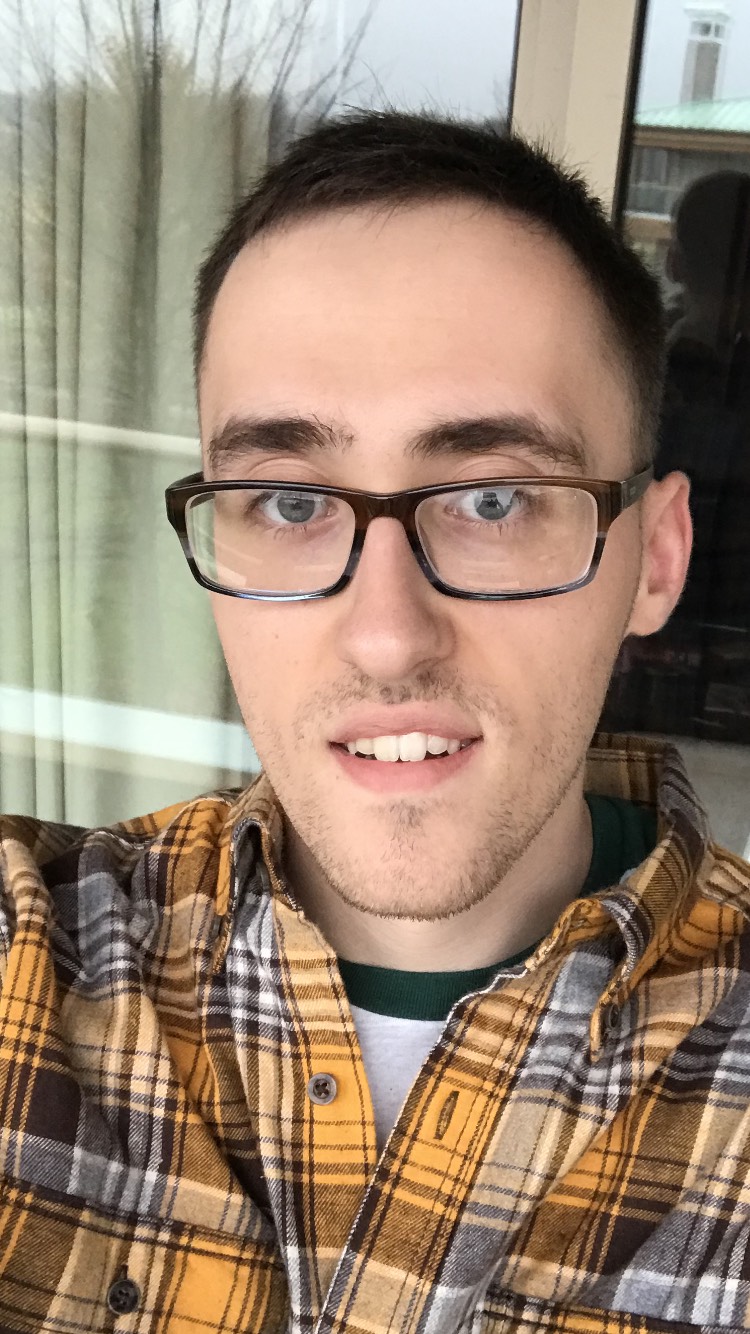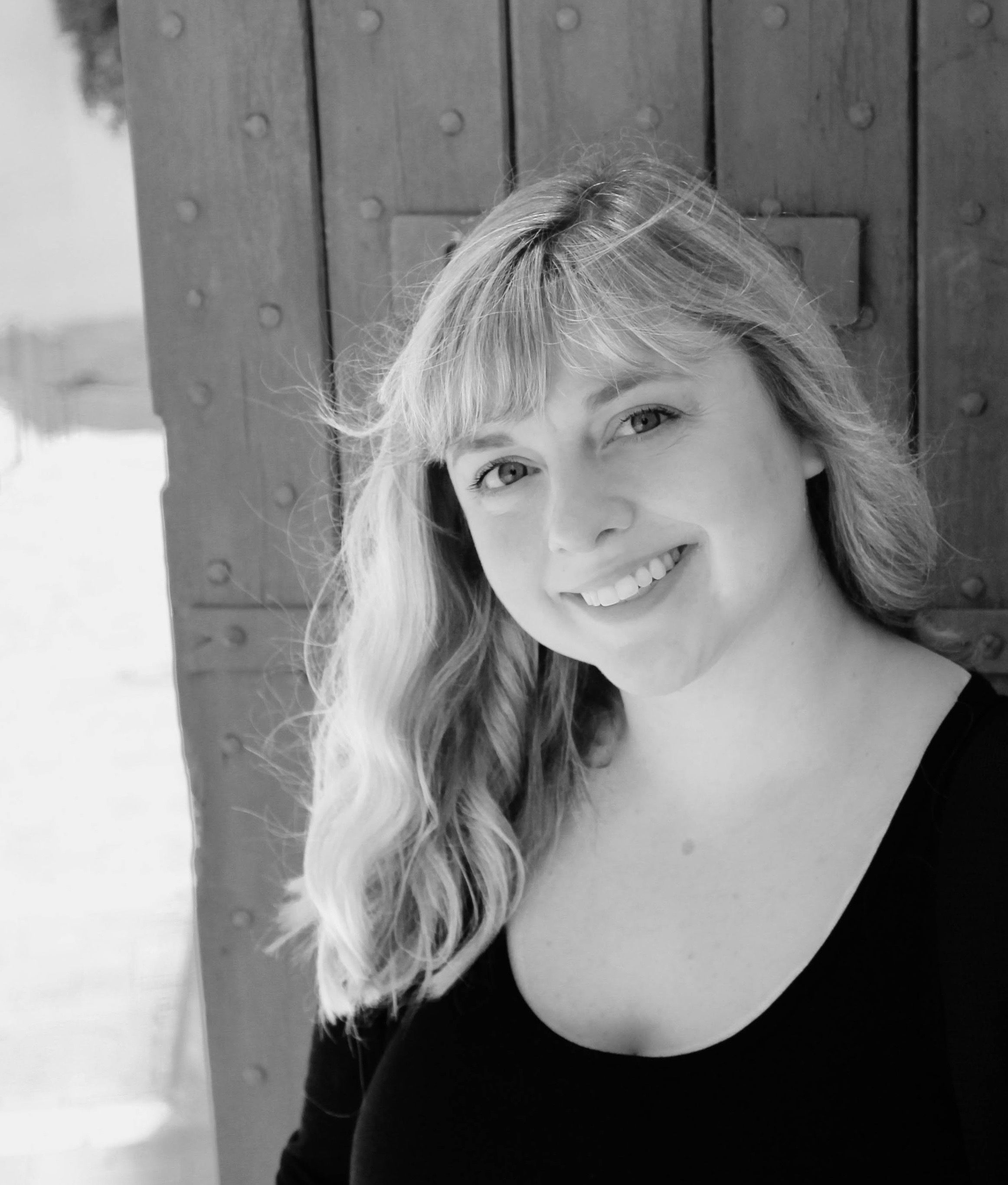SOMETHING BETWEEN THEM — K.B. CARLE
/A knife lies between the woman and the mouse.
The woman drums the tips of her fingers upon the surface of her kitchen table, a gift from her mother who buries cigarette butts in the pots where the woman plants her tulips. She imagines the fires her mother starts, the way the roots curl and evaporate beneath poisoned soil while smoke rises and the woman wonders, if a mouse is caught in a fire, would their heart rate remain the same with so many ways to escape
Or would it increase, sensing impending death?
310 beats per minute.
The mouse, Mrs. Crumb, sniffs the air for the piece of cheese she abandons her home for. A tiny hole she worked hours, in mouse time of course, to carve behind the woman’s bed. Mrs. Crumb thinks of her triplets, who she and her husband, Mr. Crumb, lovingly called their mouselings. Thinks back to her mouselings the day before, cuddled on a piece of cloth that she and her husband nipped from an orange dress with white flowers left by a woman, not this woman, but one who smelled of sangria and peppermint. Their little hearts beating 310 beats per minute, increased to 840 beats per minute when the man saw Mr. Crumb skitter from their hole, ready to nip another piece of the dress to perhaps make a blanket. Mrs. Crumb only knows her husband always wanted more no matter the risk, gripping the dress between his paws.
Mrs. Crumb struggled to hear her husband’s I love you squeaks mixed within the other woman’s screams, the way the dress’s skirt flared as it soared through the air, stealing Mr. Crumb away.
The woman, before she encounters Mrs. Crumb, found the orange dress under her bed while she cleaned, held it to her body and traced the white petals and the jagged edges of the bit of cloth missing from the skirt. Noticed how the waist was too small. She threw the dress on her bed, retreated to the kitchen for a snack and to think of better things. Sliced cheese squares on Ritz crackers, the meal her father prepared for nights her mother preferred to spend with other men in other places.
That’s when the woman sees Mrs. Crumb standing on her kitchen table and thinks back upon her reflection. Looks past the beauty of the white petals and focuses on the orange poking through. The woman can’t stand the color orange and repeats every conversation with her husband reminding him of this simple fact.
Mrs. Crumb sees how the woman trembles, the same way she did watching Mr. Crumb form an arc over the bed, his small body hitting the opposite wall. Remembers how her own body shivered hearing Mr. Crumb’s bones shatter, his body a small heap on the floor for the man to sweep into a dustpan and throw away.
The same man they both know should be returning home soon.
And a knife lies between them.
K.B. Carle lives outside of Philadelphia, Pennsylvania and earned her MFA from Spalding University’s Low-Residency program in Kentucky. When she is not exploring the realms of speculative, jazz, and historical fiction, K.B. avidly pursues misspelled words, botched plot lines, and rudimentary characters. Her stories have appeared in FlashBack Fiction, Pidgeonholes, Barrelhouse, formercactus, and elsewhere. She can be found online at http://kbcarle.wordpress.com/ or on Twitter @kbcarle.











